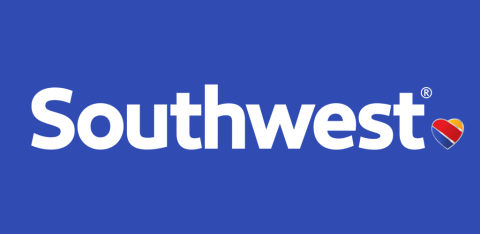Southwest Airlines Stock Price Jumps 1.8 Percent in Premarket Trades; Morningstar Research Suggests Hold Recommendation
Morningstar has issued a HOLD recommendation on Southwest Airlines Co. (LUV), setting a fair value estimate of $39 per share against a recent market price of $30.73. Following increased pressure from activist investor Elliott Investment Management, Southwest has introduced a revised business plan with a targeted $4 billion incremental profit by 2027. Key initiatives include a seating reconfiguration, refined marketing approaches, and strategic aircraft sales. Despite these potential growth drivers, Morningstar's outlook is tempered by high competition, a lack of an economic moat, and significant industry risks, recommending caution for investors in the near term.
Financial Valuation and Recent Earnings Performance
Fair Value and Stock Valuation: The current trading price reflects a price-to-fair-value ratio of 0.79, suggesting undervaluation. Morningstar’s fair value estimate of $39 accounts for incremental profit targets yet acknowledges high operational uncertainty.
Revenue and Cost Challenges: Southwest’s third-quarter report indicates financial pressures, with cost escalations in staffing, fuel, and capital expenditures contributing to lower profit margins. Despite a steady post-pandemic demand for leisure travel, operating margins remain under pressure due to rising costs and competitive pricing from both legacy and low-cost carriers.
Strategic Initiatives for Revenue Growth
New Seating Configuration: The revised plan includes reconfiguring seating arrangements to introduce premium options with additional legroom by 2025. This strategy aims to attract a broader customer base and increase profitability through higher-yield fares. Management estimates that these changes could add approximately $2 billion to profits by 2027.
Aircraft Sales and Fleet Management: In response to Boeing’s delayed delivery of 737 MAX aircraft, Southwest plans to offset capital expenditures by selling aircraft from its existing fleet and future order book. This strategic move is expected to mitigate spending while maintaining operational flexibility.
Competitive Landscape and Market Position
Pressure from Competitors: Southwest faces growing competition across all segments, particularly from larger, full-service airlines and smaller, ultra-low-cost carriers. In response, Southwest has enhanced its loyalty program and maintained a no-fee baggage policy to reinforce brand loyalty among price-sensitive travelers.
Lack of Economic Moat: Morningstar has assessed Southwest without a sustainable economic moat, given the airline industry’s cyclical nature, high capital intensity, and lack of significant pricing power. This absence of a protective economic moat underscores the operational and financial risks Southwest faces amid fluctuating demand and pricing volatility.
Investor Outlook and Risk Considerations
Profit and Margin Forecasts: Southwest’s management anticipates steady revenue growth in 2025, although margins are expected to stabilize at lower levels due to persistent cost challenges. Morningstar projects a mid-cycle operating margin of approximately 9.5%, below historical averages due to increased unit costs and anticipated competitive pressures.
Capital Allocation Strategy: With a balanced capital allocation strategy, Southwest has reinstated its dividend and implemented share buybacks. However, the firm’s capital allocation rating remains “Standard” as it adjusts to post-pandemic demand fluctuations and capital-intensive fleet upgrades.
